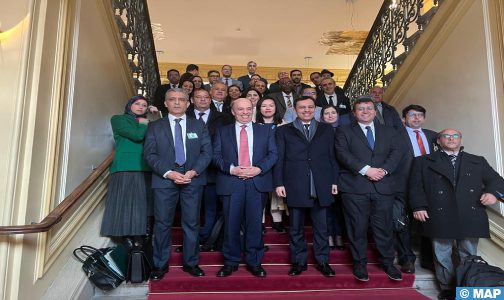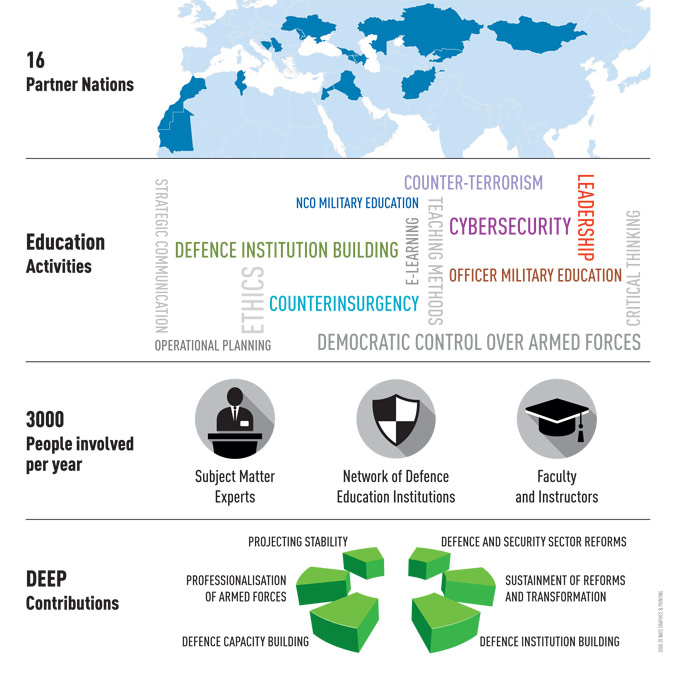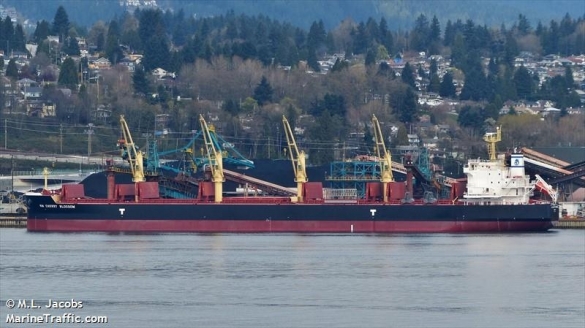Morocco’s migration and asylum policies were welcomed by most speakers at the 36th Committee on the Protection of the Rights of All Migrant Workers and Members of Their Families.
On the occasion of the review of the second periodic report on the implementation of the international convention on the subject, the Committee’s rapporteurs interacted with a clear interest in the content and directions of Moroccan migration policy since 2013, its human dimensions and human rights, as presented this week in Geneva by Minister of Economic Inclusion, Younes Sekkouri.
In a statement to MAP at the end of the Committee’s work, the Minister underlined the broad recognition of Morocco’s efforts in the field of migration and the integrated nature of its strategy, particularly with regard to the situation of migrants from sub-Saharan Africa.
“Morocco is now a country of transit and residence, in addition to being a country of origin,” Sekkouri said, adding that the Kingdom has used an integrated legislative system and relied on a coherent operational arsenal to address migration issues in various fields, ranging from women and children to legislation related to employment, access to justice and areas marked by intervention by public forces.
The multidimensional approach, with its preventive, humanitarian, legal and regulatory aspects, makes Morocco a leader not only at the continental level but also at the international level, he said.
This approach, he added, is linked to a system of values on which the Kingdom relies to face a complex problem that reveals the inadequacy of all security approaches.
For his part, Morocco’s Permanent Representative in Geneva, Omar Zniber, stressed the intense diplomatic action taken by Morocco in international forums to promote the International Convention on the Protection of the Rights of All Migrant Workers and Members of Their Families, as well as the continuous actions taken by the Kingdom to create spaces for cooperation and partnership at the regional and international levels.
The conditions of women and children in the context of migration, access to basic services such as health, education and housing, legal mechanisms regulating the entry and stay of workers, as well as efforts to promote a culture of human rights among migrants and to combat trafficking in human beings, were some of the issues discussed by the Committee’s rapporteurs and the members of the Moroccan delegation representing the various sectors concerned.



